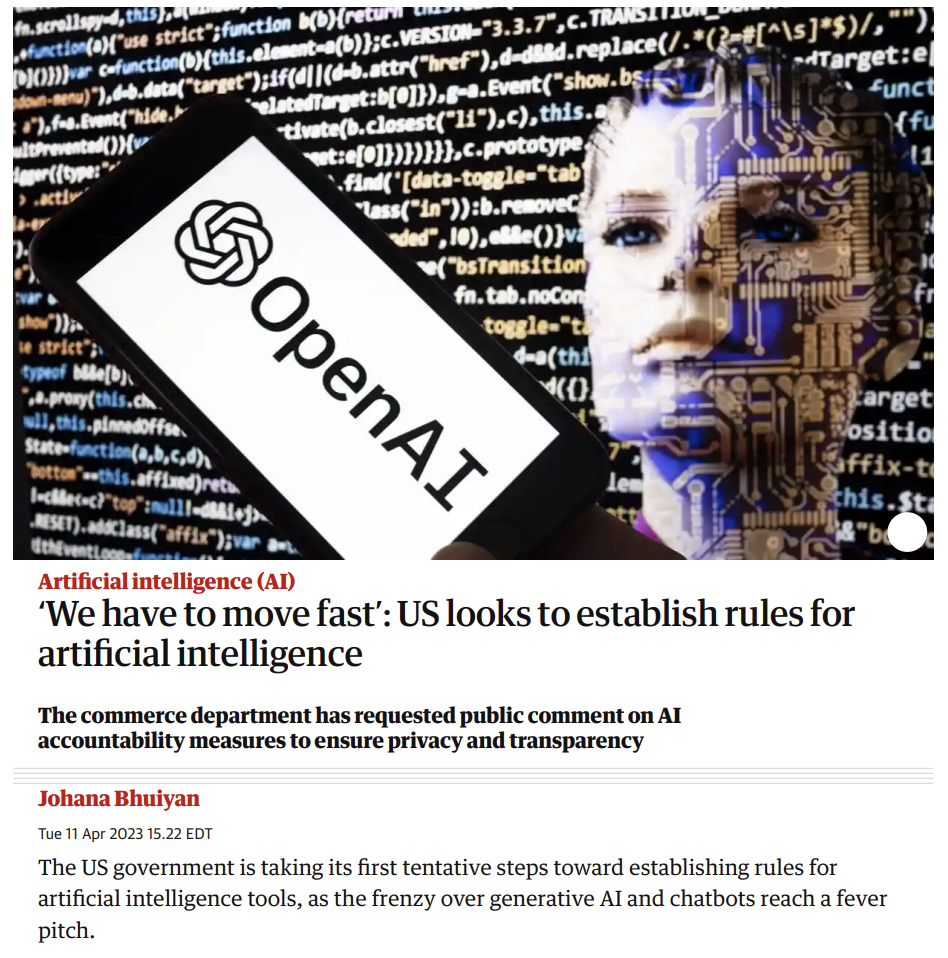A Harmonious Dance: Science, Technology, and Philosophy
“All truths are easy to understand once they are discovered; the point is to discover them.”
Often, I find that philosophy, technology, and science resemble precocious siblings, growing and maturing together, each learning from and informing the other's development. Like children, these related yet distinct domains of human endeavor can experience both harmony and conflict. Nevertheless, none can reach their full potential without the support and contributions of the others.
Science offers us a systematic process to understand our world and the nature of reality. It provides us with explanatory theories that enhance our ability to predict future outcomes. This new knowledge often leads to exciting technological innovations, improving our mastery over our environment and the world around us. At times, these new scientific understandings and technological advances prompt us to reevaluate the foundational principles upon which our societies are built (particularly concepts related to how a society should operate, what’s appropriate or ethical, etc). Those philosophies, in turn, help us integrate science and technology into our societal structures.
What remains constant is each domain's importance to the others' overall development. Science aids us in understanding our world. Technology builds on these understandings to expand and improve our control over our environment. Philosophy helps us integrate these new learnings into cohesive social structures, paving the way for further scientific and technological pursuits. At least, that's the ideal when these forces are in harmony.
Examining the history of our species, we find countless examples of how crucial the mutual development of science, technology, and philosophy are to one another. Often, this comes in the form of cautionary tales about the consequences of focusing on any one domain at the exclusion of others.
One striking example is the period in Western Europe between the fall of the Roman Empire and the Renaissance, an era that some scholars of that time came to refer to as “the Dark Ages.” During this period, dogmatic religious doctrines and a lack of intellectual freedom led to social structures that suppressed scientific and technological development. This stagnation held back the progress of human society for centuries, as important advancements in medicine, agriculture, and infrastructure were stifled.
Similarly, a society can suffer when its technological progress outpaces its scientific understanding. For example, the Industrial Age's reliance on hydrocarbons as energy sources had unintended environmental and climate impacts. In that case, our technological capabilities developed faster than our scientific understanding, leaving us unable to predict the full range of consequences and implications of such technologies (such as global climate change).
The lessons of history seem clear: in order to avoid the negative consequences of societal evolution, the science, technology, and philosophy of that society must develop in a balanced, self-reinforcing manner.
To avoid the dangers of new technologies, we must first ensure that our scientific theories and societal frameworks are sufficiently robust to allow us to safely develop those technologies and integrate them into our society. However, as we progress through the first half of the 21st century, it has become clear that our technological capabilities are once again outpacing our scientific theories and philosophical notions. But, unlike in the past, the consequences this time could be existential. Even with the advent of nuclear weapons, humanity has never before ventured into fields of technological advancements that pose a true existential risk for the species—until now.
Computer scientists and mathematicians are actively engaged in developing new forms of intelligence. Indeed, some of our brightest minds and most influential organizations openly aspire to develop non-biological intelligence that rivals or surpasses our own. Topics such as artificial general intelligence, synthetic life, and conscious machines, once confined to the pages of science fiction, are now areas of active pursuit as well as the topics of fierce debates.
I do not argue that these technologies are inherently bad or shouldn't be pursued. However, I cannot help but appreciate the lessons of the past and the magnitude of the stakes. It seems reckless to pursue such technologies without first developing the necessary theories and frameworks that history has repeatedly taught us the importance of.
The technologies that most defined and impacted the 20th century were built upon the greatest scientific theories of that generation, namely relativity, quantum mechanics, and information theory. Yet there are no corresponding scientific theories to which we can confidently turn to today to help us navigate the promise and peril of artificial intelligence.
To confidently explore these new technological frontiers, we need to focus on honing our scientific and philosophical understandings. This will likely include accomplishments such as a generally accepted scientific definition of life and a general theory of intelligence that directly explains how our own brains give rise to intelligent behavior. This will help us answer hard philosophical questions like what counts as being "alive" or what exactly it means to be "conscious.” This would, in turn, inform our development of AI technologies by allowing us to better align such systems with human interests.
Our generation's most profound technological advances are likely to be engineered life and artificial intelligence that rivals or surpasses our own. Similarly, the greatest scientific accomplishments of our time will undoubtedly be the ones that illuminate the mysteries of life, intelligence, and consciousness.
However, as we stand at the threshold of the Age of AI, it remains to be seen whether we will permit our technology, perilously and hastily, to outstrip the development of our science and philosophy. Maybe, just maybe, we will take to heart the lessons of our past. If so, future generations might well remember us as the ones who possessed the wisdom to harmonize the forces of human progress as we ventured together into the next great frontier of discovery.

